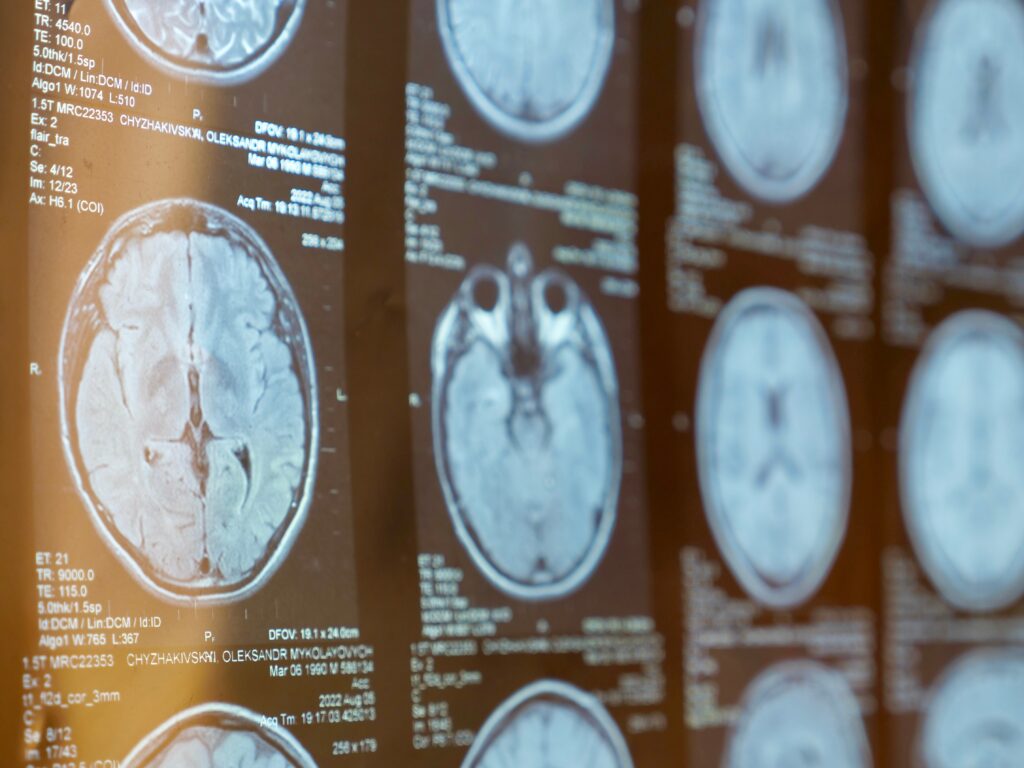Early clinical results from Cambridge University have raised hopes for a new class of therapies for multiple sclerosis (MS), after researchers found that combining a common diabetes drug with an antihistamine could partially repair nervous system damage.
The CCMR Two trial tested metformin, widely used for type 2 diabetes, alongside the antihistamine clemastine in 70 people with relapsing MS. Over six months, patients on the drug combination showed improvements in nerve signal speeds compared with those on a placebo, suggesting some remyelination — repair of the fatty coatings that protect nerve fibres.
While the effect was small – just a 1.3 millisecond improvement – it was considered biologically significant. Patients did not yet report improvements in vision or disability, but neurologist Dr Nick Cunniffe, who led the trial, described the findings as a crucial proof of concept. “I feel like we’re at this precipice of a new class of therapies for MS and that’s why this is exciting,” he said.
Clemastine had already been shown to stimulate myelin repair, though only modestly. Earlier studies suggested metformin could enhance this effect, leading to the trial funded by the MS Society.
Experts stressed that results were preliminary and patients should not attempt to use the drugs outside of trials. Many participants reported side effects, including fatigue from clemastine and diarrhoea from metformin. Crucially, remyelination therapies cannot regenerate nerve cells that have already died, meaning benefits are most likely in earlier disease stages.
Emma Gray of the MS Society called the findings “really positive proof of concept results” but noted that longer trials are needed to assess whether clinical benefits, such as improved vision or reduced disability, emerge over time.
Globally, nearly 3 million people live with MS, including more than 150,000 in the UK. Current treatments largely focus on reducing immune system attacks rather than repairing nerve damage.
Jonah Chan, a neurology professor at the University of California, San Francisco, who worked on earlier clemastine trials, said: “I’m more convinced than ever that remyelination is the critical path to preventing permanent disability in MS … It is also the only immediate hope for restoring function.”
Further trials will now be needed to confirm whether the drug combination can deliver meaningful improvements in patients’ lives and pave the way for a new generation of MS therapies.


